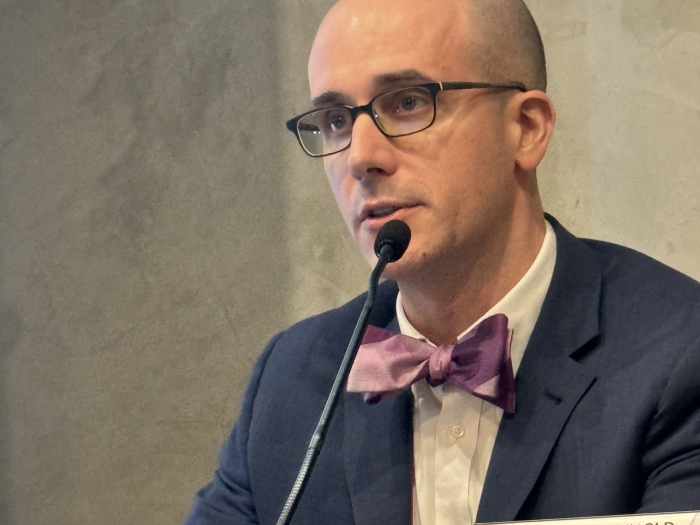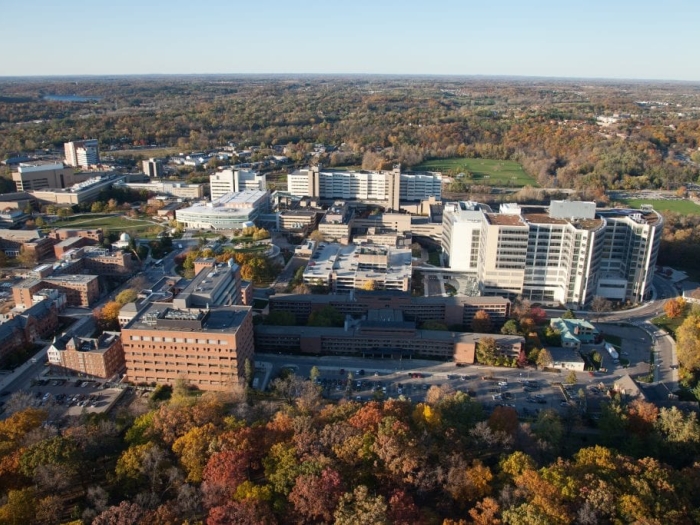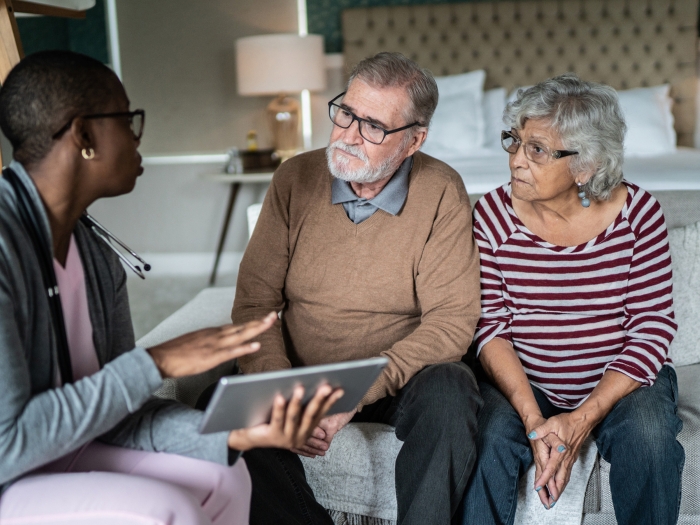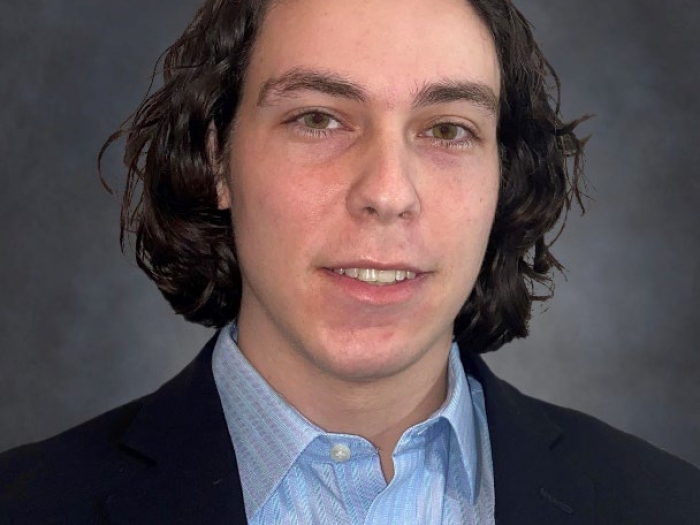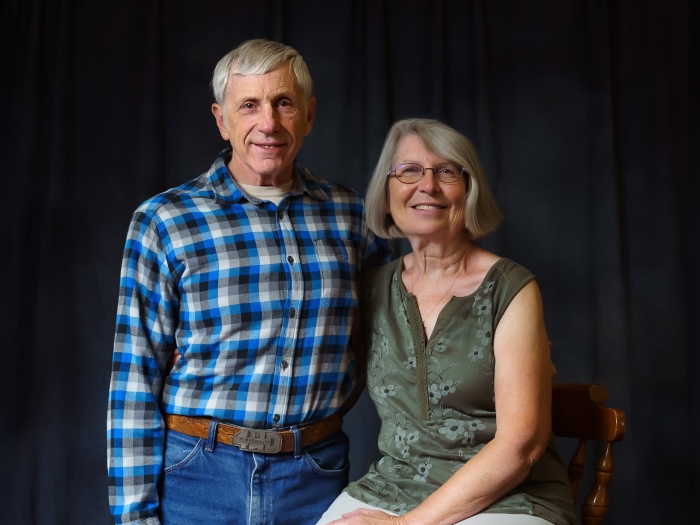Currently more than 1 in 4 adults in the United States in the United States have some form of disability, as reported by the Centers for Disease Control and Prevention. While disability affects many individuals in the U.S. and worldwide, this population is one of the most unrecognized groups and faces significant health disparities.
Individuals with disabilities struggle with healthcare access, as 1 in 4 adults with disabilities ages 18-44 years do not have a usual healthcare provider. Additionally, 1 in 5 adults with disabilities have an unmet healthcare need because of cost in the past year, and 1 in 4 adults with disabilities 45 to 64 years did not have a routine check-up in the past year.
Furthermore, people with disabilities report feeling unsatisfied with the healthcare they receive significantly more than people without disabilities. This could be partially explained by the fact that more than eighty percent of physicians in the U.S. believe those with disabilities have a worse quality of life than those without disabilities, which may significantly impact the quality of care physicians provide to these patients. Disability can impact many facets of one's life, so people with disabilities need comprehensive and empathetic care from physicians who have been trained to provide culturally competent healthcare.
MSDHA members at a BBQ social event during Summer 2022.
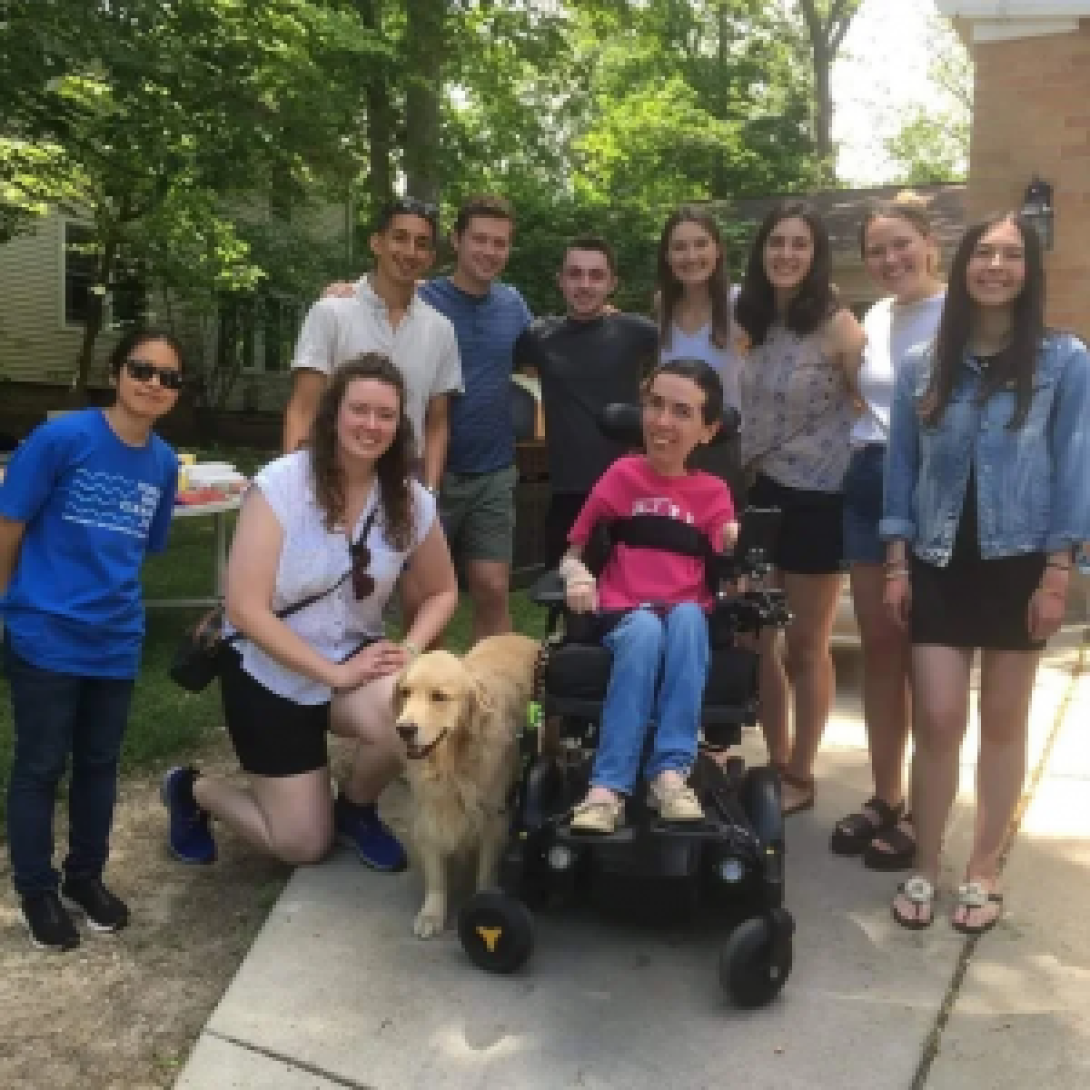
Growing up with a chronic illness, I have firsthand knowledge and experience of the stigmatization and isolation one can face by having a disability or chronic illness outside of the healthcare setting. While I was fortunate to have a great healthcare experience, I know from friends and loved ones that this is often not the case. I was heavily involved in a disability advocacy group during undergrad to bring these issues to light and amplify the voices of those with disabilities, so I knew I wanted to continue this work in medical school.
Fortunately, a group of University of Michigan medical students also recognized this and founded the Medical Students for Disability Health and Advocacy (MSDHA) student organization in February 2021 to work to address these issues. MSDHA aims to promote disability health initiatives and support medical students with disabilities and chronic illnesses through education, community building, outreach, and advocacy. The organization strives to create an inclusive community of medical students to support one another throughout medical school and beyond. Creating a community of medical students with disabilities and allies is especially important because only about 1 in 20 medical students report having a disability, which is likely a gross underestimation of the true number of students who identify with having a disability. These students also face unique barriers throughout their medical education.
Medical students attending a patient panel on the healthcare experiences of Deaf and hard-of-hearing patients.
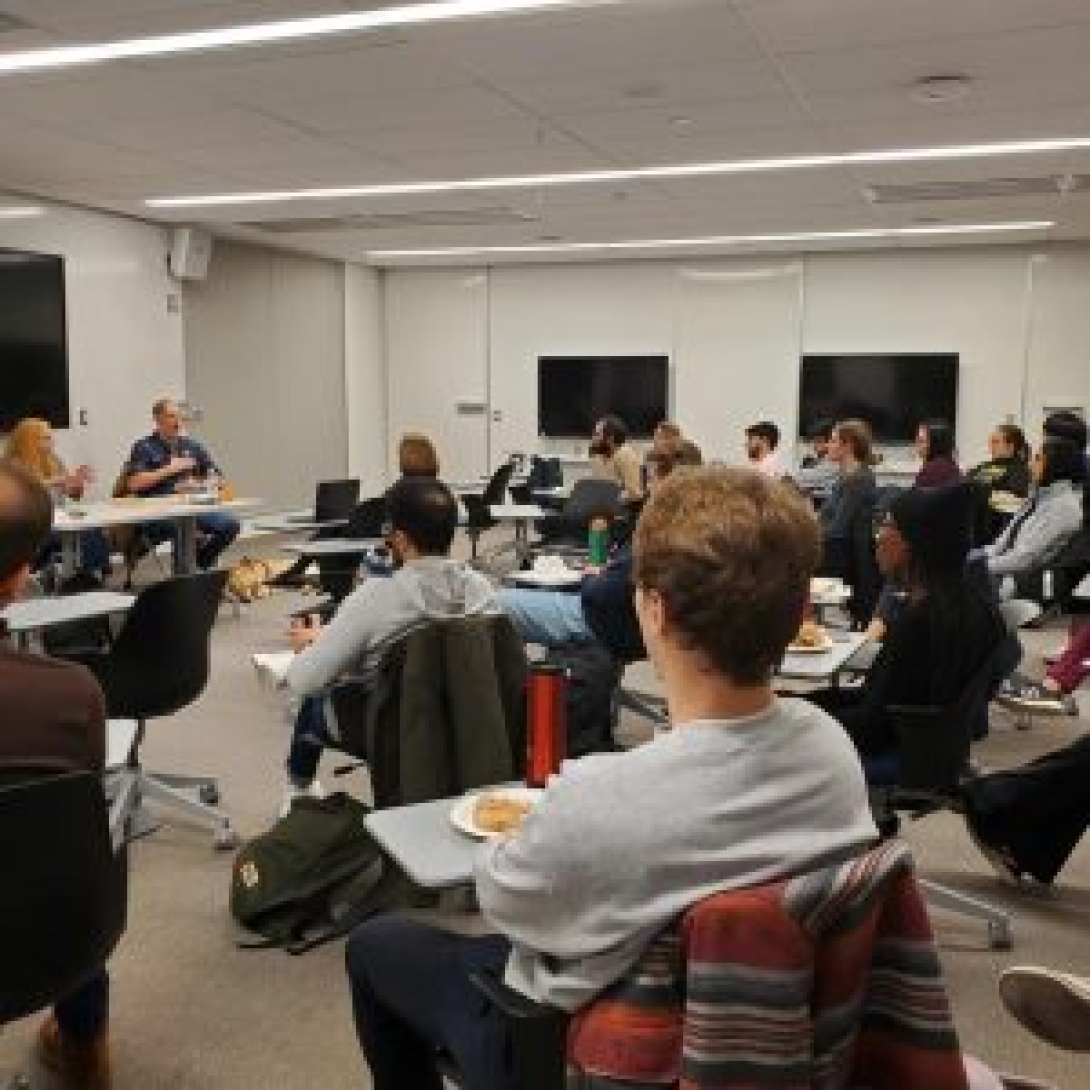
All medical students are welcome to join MSDHA and contribute to initiatives, plan events, facilitate mentorship, and build community. The organization offers a variety of programs and opportunities, including a near-peer mentorship program called Disability Connect, an American Sign Language (ASL) elective for medical students, hands-on opportunities to work with individuals with disabilities, and public events to spread awareness about disability health topics. In addition, MSDHA hosts social events to strengthen the community.
Recently, MSDHA members hosted a week of educational events designed to supplement the M1 Doctoring course session on Disabilities. The first event was a lunchtime seminar and patient panel consisting of patients and providers describing their first-hand experiences with hearing loss. The next event was a virtual presentation by Dr. Deeba Minhas and Mr. Jared Day surrounding ableism in medicine. We then held a movie screening with a discussion of the award-winning film CODA, a film featuring the perspective of hard-of-hearing individuals, with a catered dinner. Finally, we rounded off this week of events with a seminar given by Anesthesiology faculty on accommodations in the clinical space for students with disabilities.
Attendees at RX to Play Day: Wheelchair Tennis
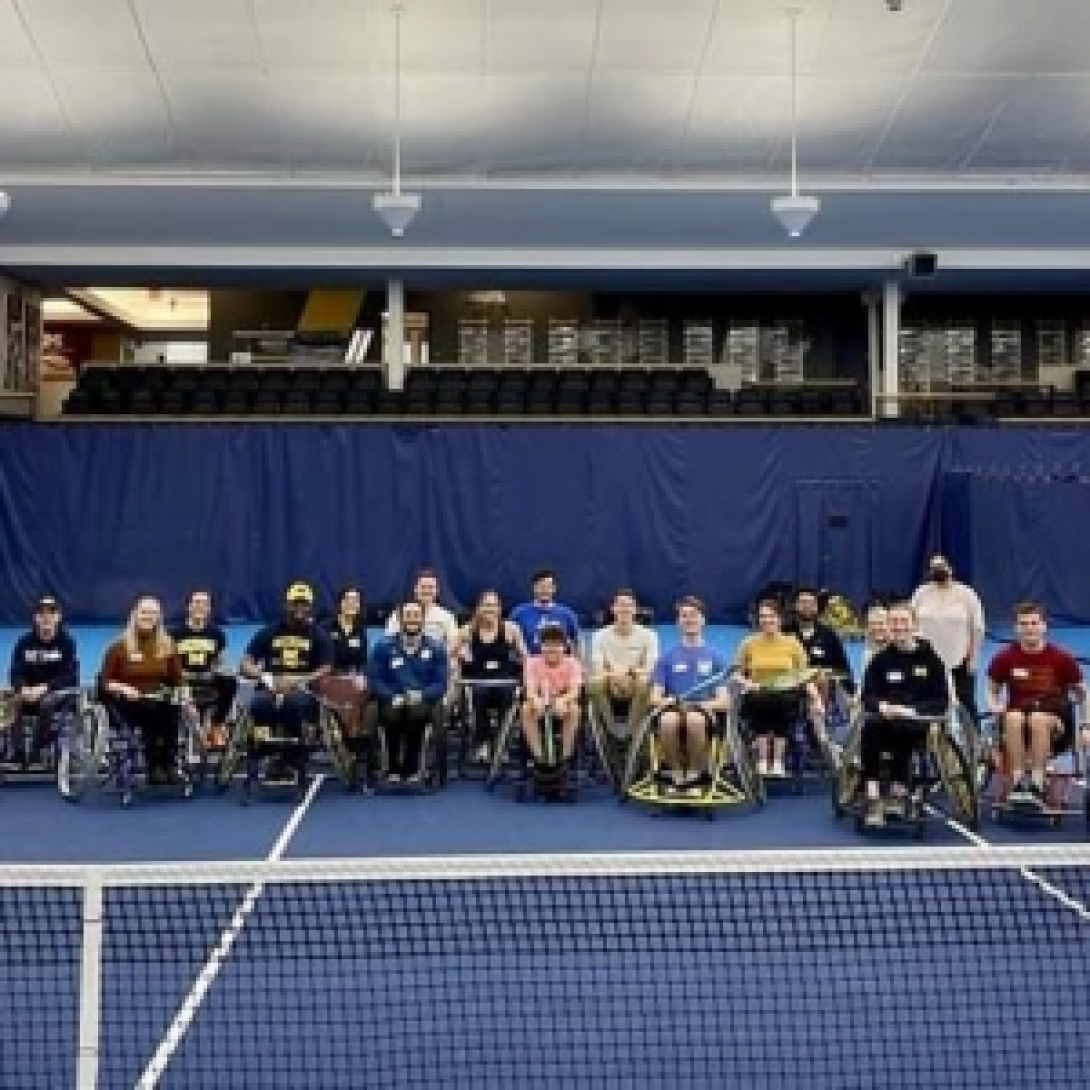
Another successful series of events that MSDHA has helped organize, along with U-M Adaptive Sports & Fitness and the PM&R Interest Group, is Rx to Play Day. Rx to Play Day is a series of demo days where students have the opportunity to learn how to play various adaptive sports, such as wheelchair basketball and tennis. Jessica Wynne, Head Coach of U-M Wheelchair Basketball, Chuck Aoki, Wheelchair Rugby Paralympian, and Dr. Oluwaferanmi Okanlami, Director of Student Accessibility and Accommodation Services at U-M and Adaptive Sports Director, taught attendees about wheelchair basketball, guided them through drills, and set up a full court game. The goal of the program is to be an informal and safe space to gain experience with adapted sports in the hopes that we can continue to expand awareness and access to health and wellness.
Blake Hardin (M1), Dr. Okanlami, Kate Panzer (M3), and Dana Chung (M1) presenting at the 2023 Diversity in Medicine conference.
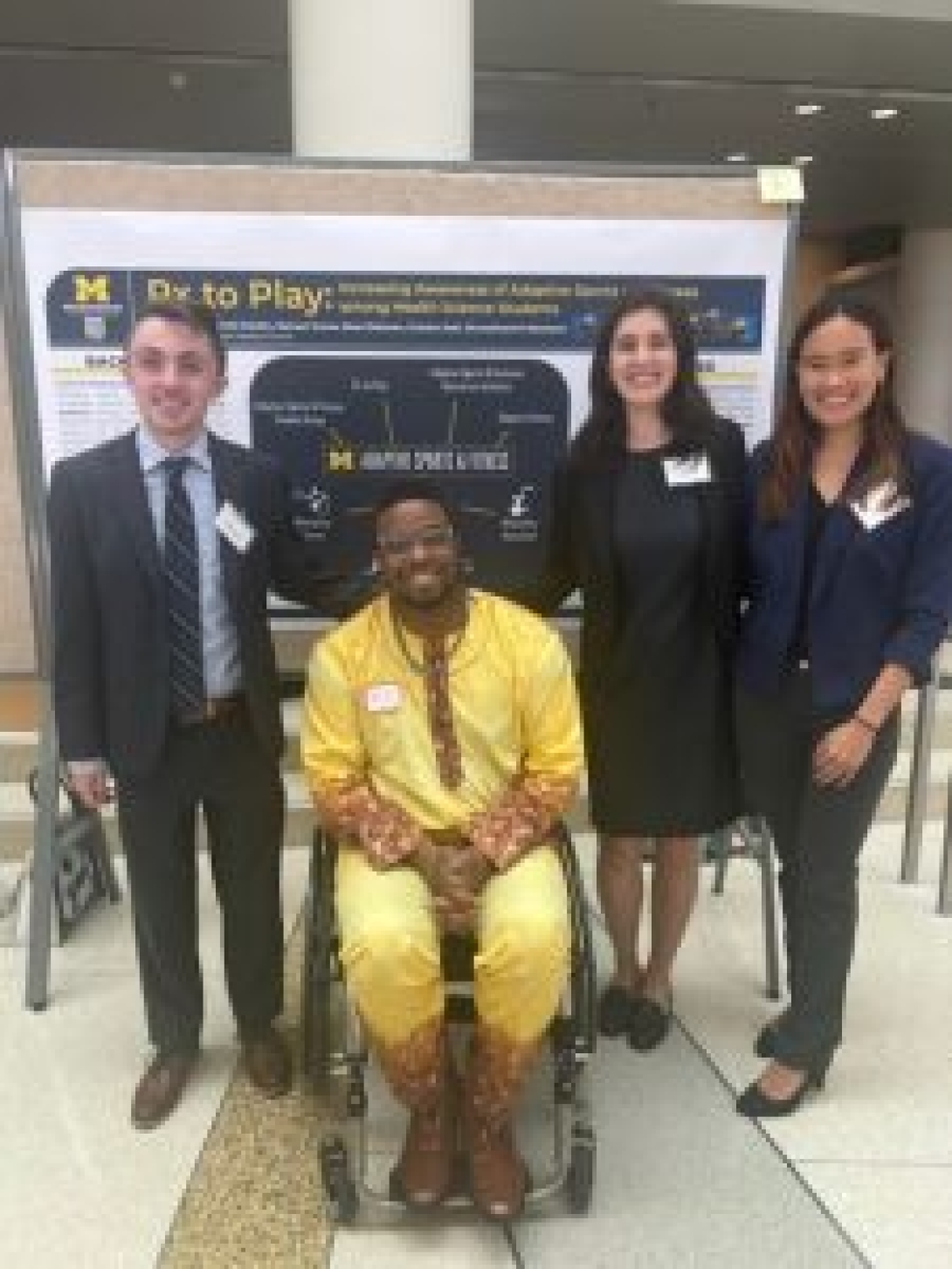
As a chapter of Medical Students with Disability and Chronic Illness (MSDCI) National, MSDHA members can collaborate on national disability advocacy initiatives. Medical students have the opportunity to develop advocacy skills, network with like-minded individuals, and work towards creating a more inclusive and accessible medical community across the country.
MSDHA's initiatives not only benefit medical students but also have a positive impact on the broader community. Through education and advocacy, MSDHA works towards reducing health disparities experienced by individuals with disabilities and chronic illnesses. The organization's efforts create a more inclusive medical profession that understands and values the unique experiences and perspectives of individuals with disabilities.
MSDHA is an excellent organization for medical students interested in disability health and advocacy. The organization provides opportunities for students to contribute to disability health initiatives, build a supportive community, and collaborate on national advocacy initiatives. MSDHA's efforts are crucial for creating a more inclusive and accessible medical community that values and supports individuals with disabilities and chronic illnesses at the University of Michigan and beyond.
My involvement in MSDHA has reaffirmed why I wanted to go in medicine in the first place: to advocate and care for patients with disabilities and chronic illnesses by merging compassionate patient-centered care with evidence-based medicine.
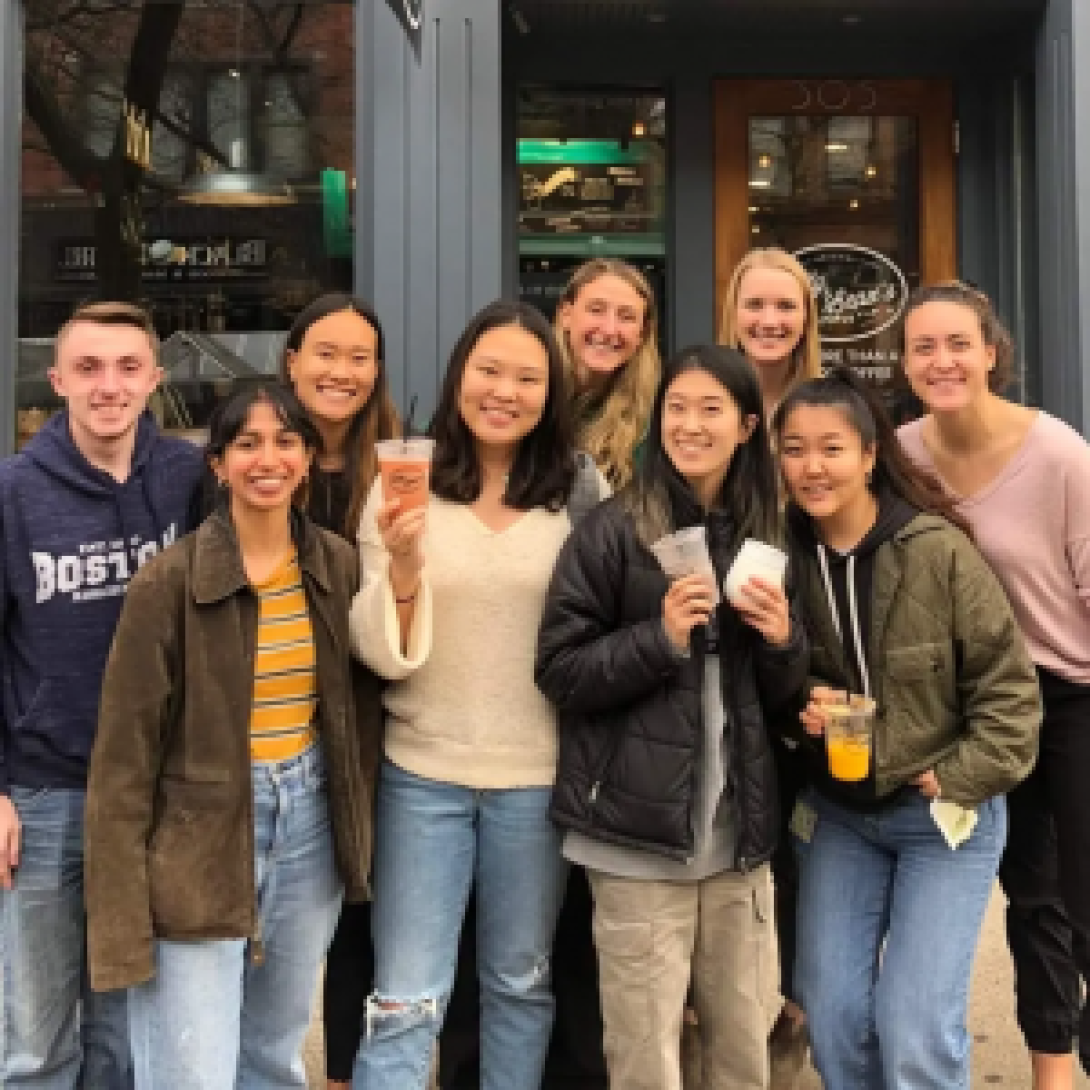
University of Michigan Medical School
Want top health & research news weekly? Sign up for Health Lab’s newsletters today!
